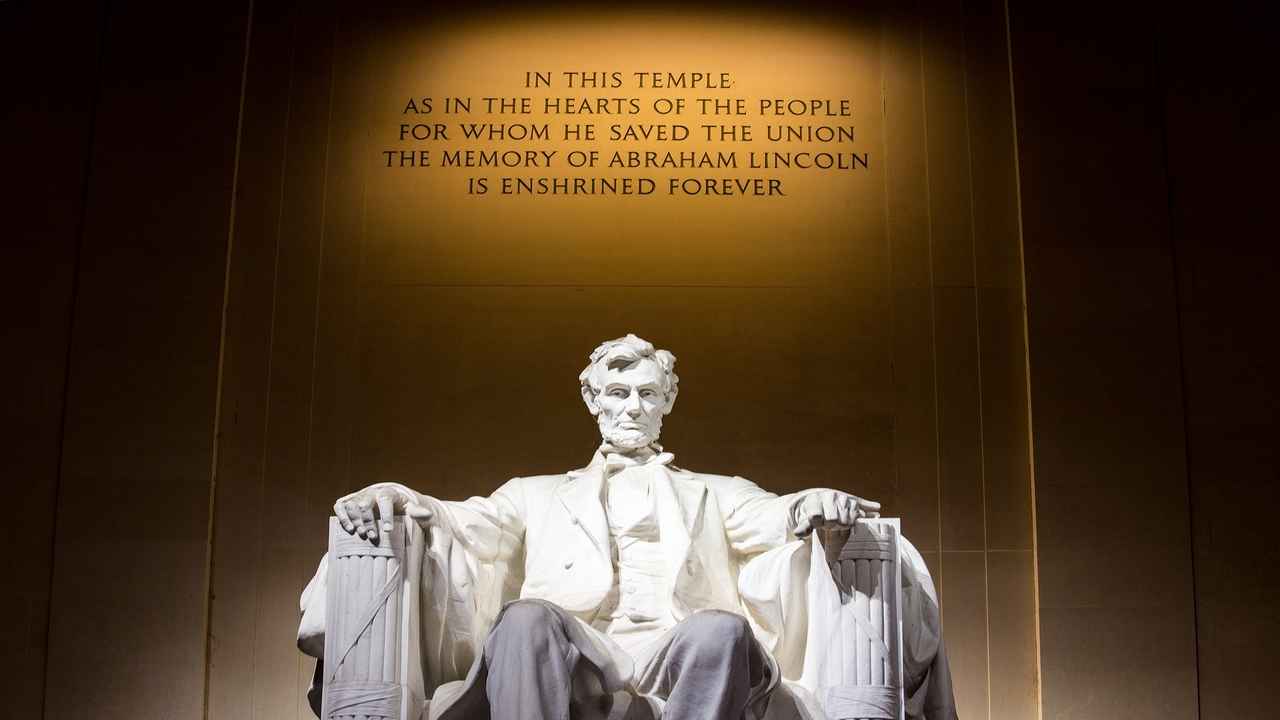This story is a good example of what Proverbs 19:11 says: “Good sense makes one slow to anger, and it is his glory to overlook an offense.”
Few people are aware that former American president, Abraham Lincoln, wasn’t the party’s first choice candidate for the position of presidential nominee. The Republican field was filled with contenders who were far more talented and well-known than him. But Lincoln was used to these kinds of setbacks which characterized most of his life and he had learned to accept and cope with them with a lot of humility and to keep working hard toward his goals, even when it seemed like he couldn’t get there. Lincoln worked hard and didn’t give up, and in the end he won the Republican nomination and then the presidency.
Right after being elected as the president of the United States, Abraham Lincoln made an astounding move that stunned practically everyone at that time. When a position of leadership in the government needed to be filled, Lincoln put his own pride aside and chose the person he thought would provide the best service for the country to fill that office, irrespective of whether he was his friend or an enemy. Abraham Lincoln didn’t banish his rivals and fierce opponents to obscurity; rather, he made them all members of his government. He recognized their great gifts, and even though newspapers at the time said this showed how naïve he was as a politician, Lincoln’s reasoning for doing this was simple: “I had looked at the group and decided that these were the strongest men. Therefore, I had no right to deny the nation of their service.”
One of his most significant positions, Secretary of War, was given to Edwin M. Stanton, one of Lincoln’s fiercest enemies and a man who had previously held the position of Attorney General of the United States.
Interestingly, this wasn’t Lincoln’s first close encounter with Stanton. Six years prior to his nomination to this position, when they were both lawyers in Ohio, Abraham Lincoln and Edwin Stanton worked together on a case, and Stanton was always very hostile toward Lincoln. Stanton turned down every meal invitation and wouldn’t even walk with Lincoln to the courthouse. He later told a friend that the future President looked like a “damned long-armed ape.”
After being appointed Secretary of War, Stanton started to work fiercely against the wishes of his Commander-in-Chief, routinely disobeying directives he thought were stupid or shortsighted.
One day, Lincoln ordered the War Department to implement an initiative that a congressman had suggested. Stanton refused to execute the order, claiming that Lincoln was an idiot for issuing it.
Later on, a congressman came to Lincoln’s office to tell him that the Secretary of War had not only ignored a direct order from Lincoln, but also called the President a “damned fool” for giving it.
“Did Stanton say that I was a fool?” Lincoln inquired of the Congressman when he reported back to him.
“He did, sir, and he said it twice.”
The President then said, “If Stanton said I was a damn fool, then I must be one, because he is almost always right and usually says what he means. I’ll go over and see him.”
Lincoln’s “seeing him” wasn’t meant to reprimand Stanton for disobeying a presidential order, but rather to change his perspective by learning how his Secretary viewed the circumstance.
There aren’t many leaders in our world today (if any) who would respond to a bitter opponent the way President Abraham Lincoln did.
During his time as president, Abraham Lincoln was well known known for one particular distinguishing characteristic: humility. This virtue enabled Lincoln to build one of the most talented Cabinets in America’s history. The character of humility released Lincoln from his wounded pride and enabled him to make the best use of the best people.
In the end, Lincoln earned the unwavering loyalty of his team. Even Stanton later on came to call the President “the best of us,” and that team, led by Lincoln, guided America through what was probably its darkest period. If Lincoln had not been humble, none of this would have been possible.
Despite Lincoln’s great humility, Jesus Christ was more humble than Abraham Lincoln, and the Bible urges us to follow the greatest example of Christ’s humility that is portrayed in Philippians 4:5-11.





















